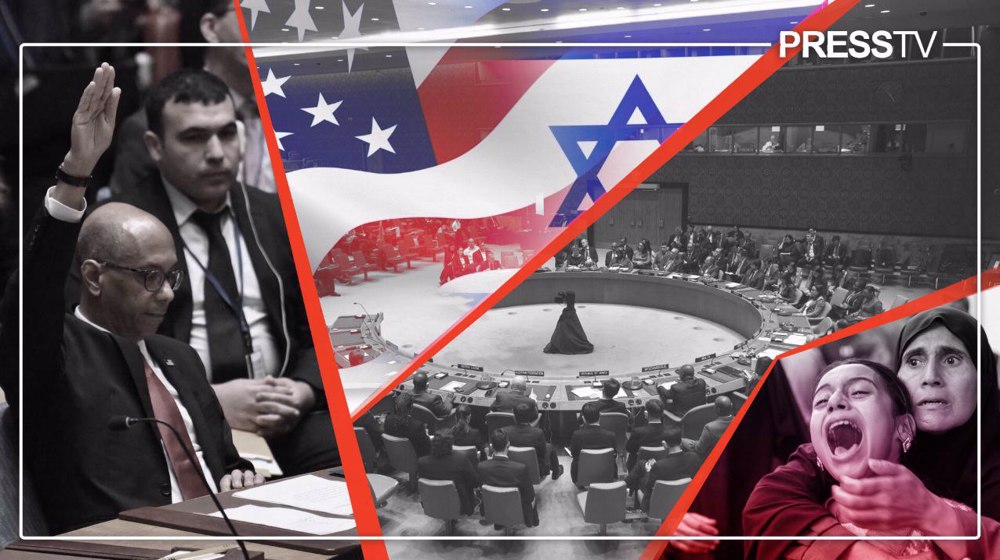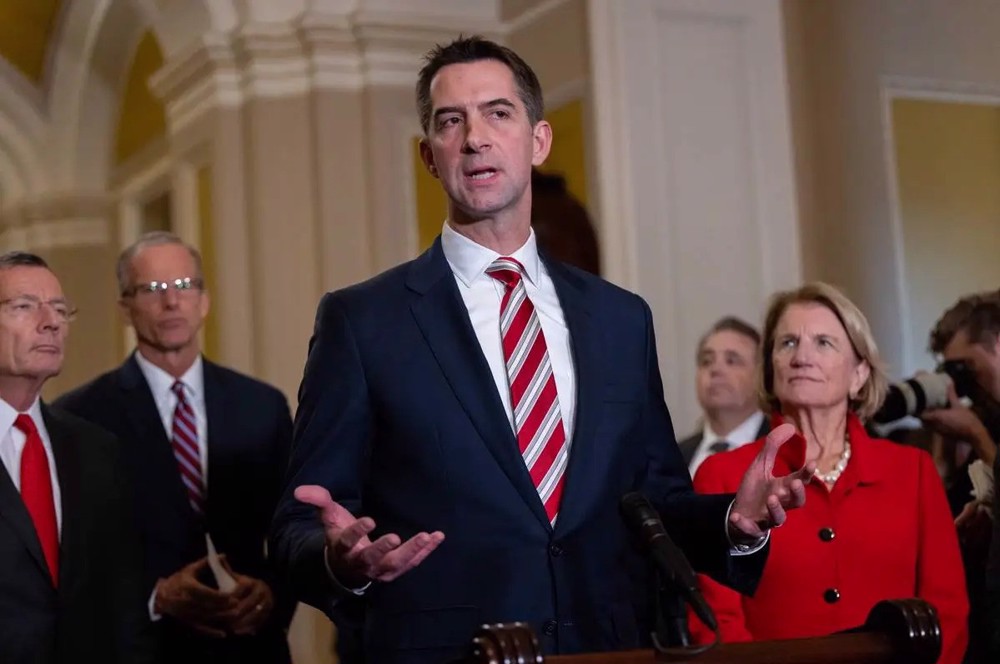US imposes more sanctions on Iran for ballistic missile program
The US Department of the Treasury has imposed financial sanctions on two more Iranian companies for allegedly supporting Iran’s ballistic missile program.
Washington’s latest legal move against Tehran was announced on Thursday, weeks after the United States imposed similar sanctions on 11 other companies and individuals alleged to be involved in the missile program.
The latest measures cut off Iran’s Shahid Nuri Industries and Shahid Movahed Industries from international finance.
The United States said the companies are working for an industrial group, which Washington alleged is in charge of Iran’s ballistic missile program.
The Treasury Department also imposed restrictions on two British businessmen, Jeffrey John James Ashfield and John Edward Meadows, for doing business with Iran’s Mahan Air.
Washington has accused the private airline of transporting funds and arms for the Islamic Revolution Guards Corps (IRGC).
"We will continue to use all of our tools to counteract Iran's ballistic missile program and support for terrorism [sic], including through sanctions," said US Treasury official Adam J. Szubin in a statement.

Earlier on Thursday, the US Justice Department charged seven Iranians with coordinating a campaign of cyber attacks on dozens of American banks and a dam in New York state from 2011 to 2013.
The indictment described the suspects as "experienced computer hackers" who live in Iran and may have been working on behalf of the Iranian government.
On March 9, the IRGC successfully test-fired two more ballistic missiles as part of its military drills. The missiles dubbed Qadr-H and Qadr-F were fired during large-scale drills, code-named Eqtedar-e-Velayat.
The US claimed the tests violate a UN resolution. Russia, however, said the missile launches did not violate any UN resolution, and opposed the imposition of any new sanctions on Iran over the tests.
The US imposed sanctions on 11 companies and individuals for supplying Iran's ballistic missile program after a series of missile tests last year.
The Iranian missile program “is totally for peaceful purposes and no measure can strip the Islamic Republic of Iran of its legitimate and legal right to boost its defensive capabilities and [safeguard] national security,” Iranian Foreign Ministry spokesman Hossein Jaberi Ansari said on Thursday.
He said that Iran’s missile program is solely for protecting the country’s sovereignty and territorial integrity as well as combating terrorism and extremism, emphasizing that the country’s military might serves regional and global interests.

On January 16, US President Barack Obama signed an executive order lifting US economic sanctions on Iran.
Obama’s move came after the International Atomic Energy Agency (IAEA) verified that Iran has implemented its commitments made in the Joint Comprehensive Plan of Action (JCPOA), and announced to remove international economic sanctions against the country.
Iran and the P5+1 - the United States, France, Britain, Russia, China and Germany - finalized the text of the JCPOA in Vienna, Austria, on July 14, 2015.
Under the agreement, limits are put on Iran’s nuclear activities in exchange for, among other things, the removal of all nuclear-related economic and financial bans against the Islamic Republic.
‘Everyone here is at risk’: Injured Kamal Adwan Hospital director’s poignant message
VIDEO | 'We will rebuild a thousand times’
Ex-Israeli war minister Gallant to head to US despite ICC arrest warrant
Iran’s foreign minister in Portugal to attend 10th UNAOC Global Forum
VIDEO | Israel puts Beirut under back-to-back assaults as Hezbollah says Netanyahu won’t succeed
A siege within siege: 130,000 children under 10 trapped in northern Gaza
Top general: Iran’s deterrent power evolved to address modern maritime threats
Israeli forces kill two young Palestinians in occupied West Bank raid










 This makes it easy to access the Press TV website
This makes it easy to access the Press TV website